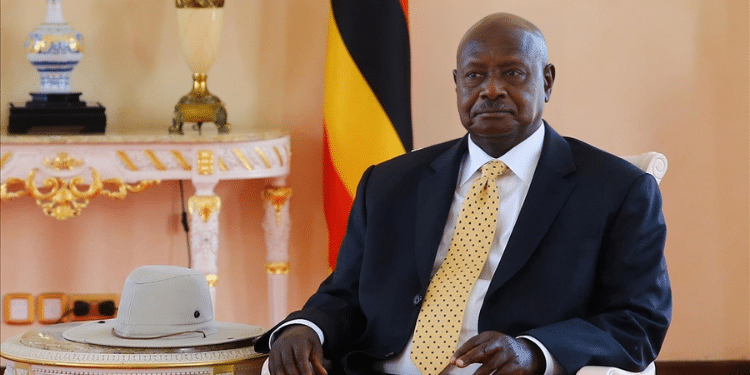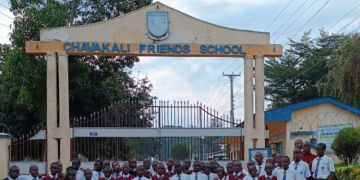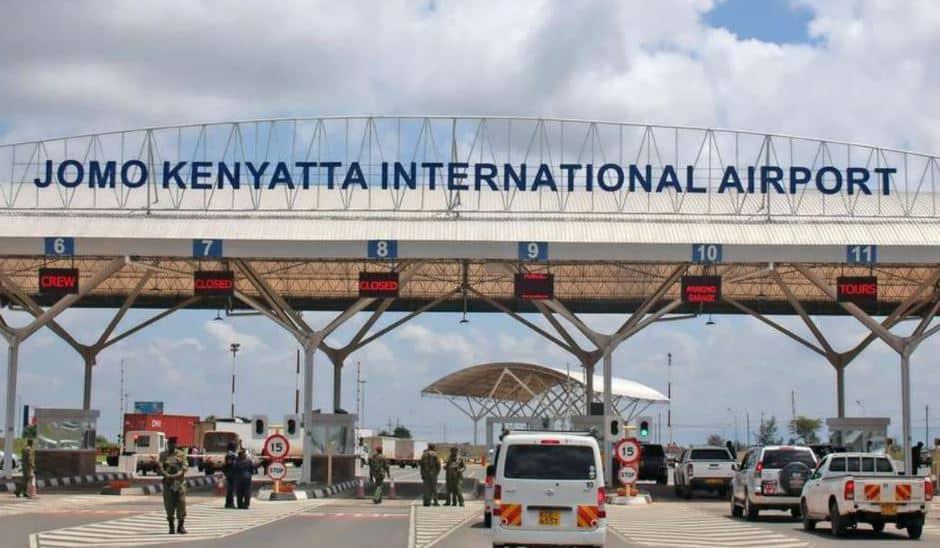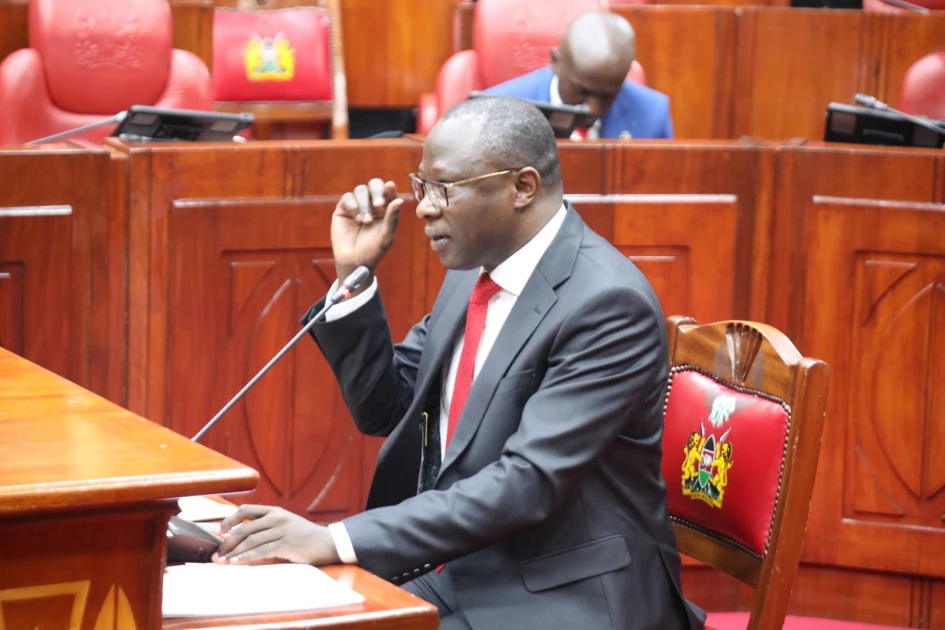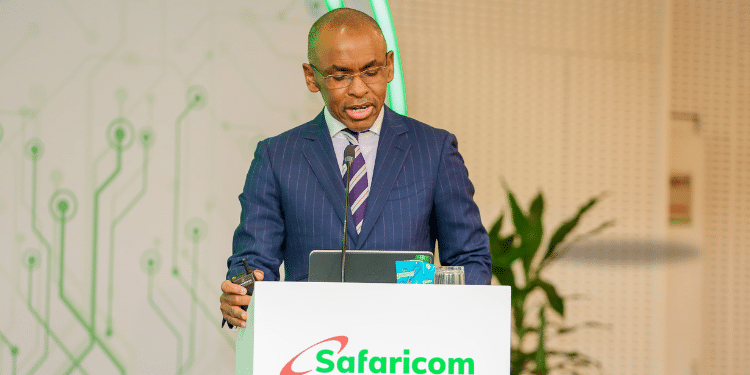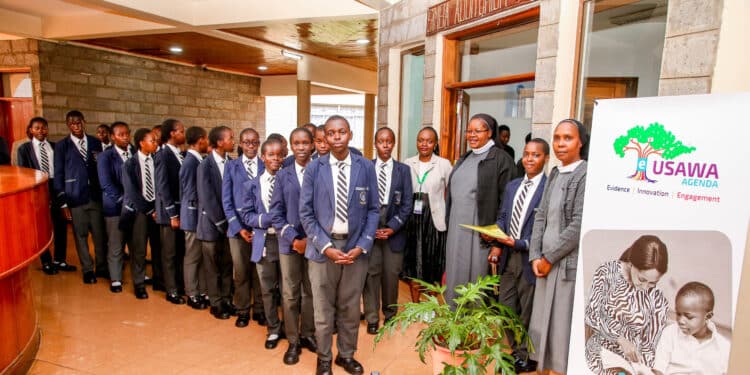Primary and secondary socialization plays a key role in shaping the child’s behavior and values within the context of family and nature of society. They also create an enabling environment for sustainable development. Socialization starts at the birth of a child and continues into adulthood. Notably, children whose parents are illiterate suffer the effects of poor socialization, which affect personality development of youth and their practical contributions in sustainable development of society.
Prosocial Behavior of Parents
Teaching social values, distinction between good and bad, and particularly respecting others should be well addressed by the parents.
Parents should continuously assess the attitude of a child towards family members. Importantly, they should be aware of the behavioral management of children.
Dealing with the attitude of children and answering their questions should be included in the agenda to train the parents through social media.
Also Read: Why Africa Should Protect Her Children
Parents should be well informed about transferring cultural norms to their children.
However, the main challenge here is illiteracy among parents who have the responsibility of raising children.

Barriers in Child Socialization
Several barriers undermine socialization of children in society. They include tribal enmity, poverty, psychological broken families and physical broken families.
Other factors to note are drug addiction in parents, the harsh attitude of parents towards their children, lack of time for the children, loneliness, poor diet and poor dressing of children.
Cognitive and emotional factors have been observed to be ignored particularly in the developing countries.
Psychological factors play a significant role in the social development of children. To address this, threats towards successful social development of children should be included in the teacher training programs.
Also Read: How to Give the African Child a Voice and End Empty Talk
Parents should understand that social development in children is not a smooth path and should have meetings with the teachers of their children.
Child Socialization across South Asia
Many children are excluded from national security systems in South Asian region.
Consequently, families are not in position to support the development of their children.
What’s more, socio economic inequalities are existing on a large scale in early child development particularly in South Asian region.
Children under 5 are at risk because of socio-economic inequalities around the world.
Work Bank reports that one out of three children in South Asia are stunted, and four out of every one hundred children do not live beyond the age of 5.
It is worth noting that poverty and conflicting situations are badly affecting the socialization of children.
Child Socialization across Africa
60 million children in Sub Saharan Africa do not have access to quality education. In African regions, UNICEF supports the states in developing the social protection policies and practices.
However, major gaps still exist within the policy framework and practices meant to promote social protection of the children.
On other hand, teachers must promote the understanding and need for socialization of children in Africa.
The Way Forward
There is urgent need to strengthen the linkage of teacher training, parents and social media for further upgrading the socialization of children.
Socialization of children should be given priority in the teaching learning process to enhance the vision of our new generation in their social responsibilities and sustainable development of society.
Follow our WhatsApp Channel and join our WhatsApp Group for real-time news updates.

